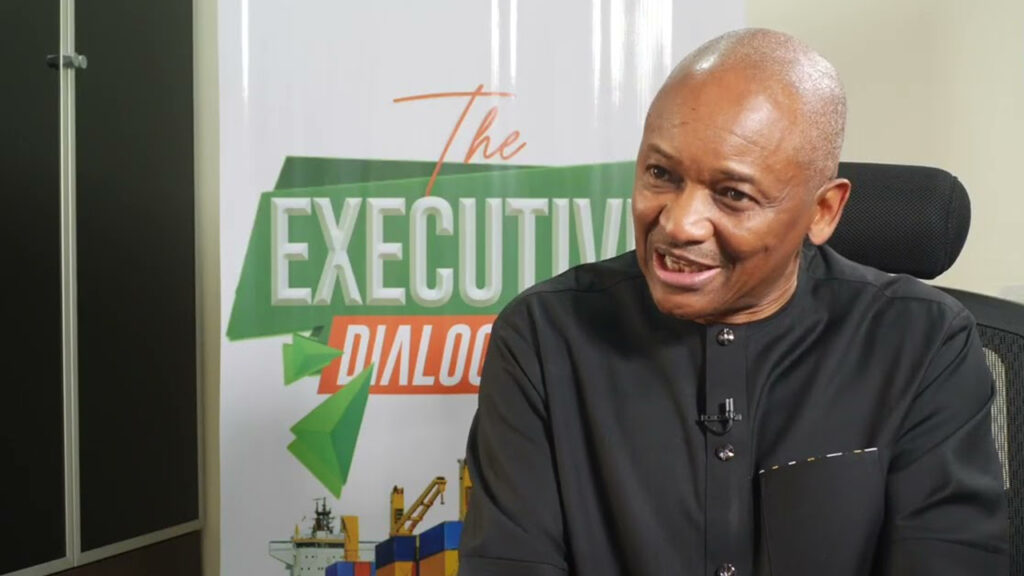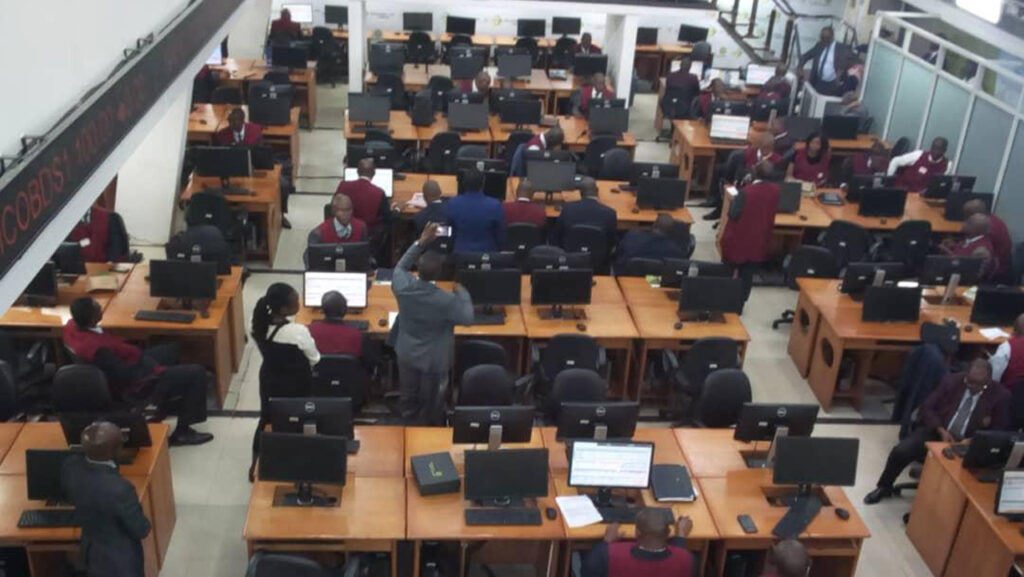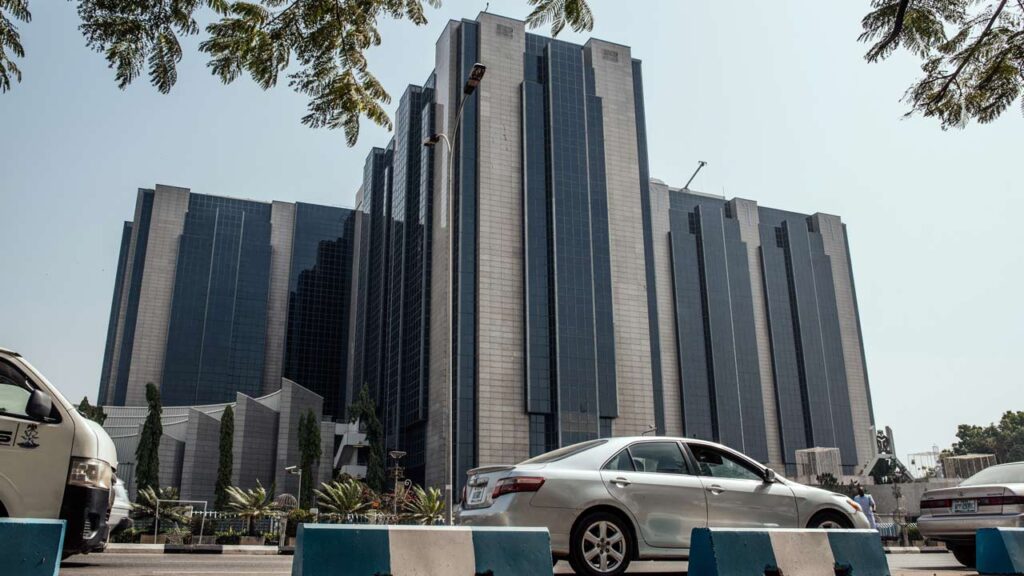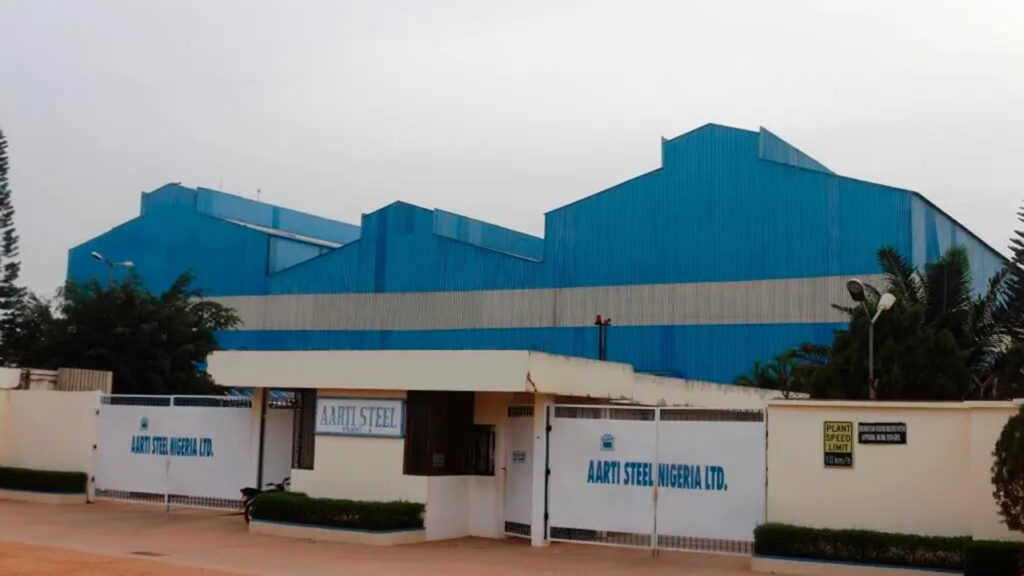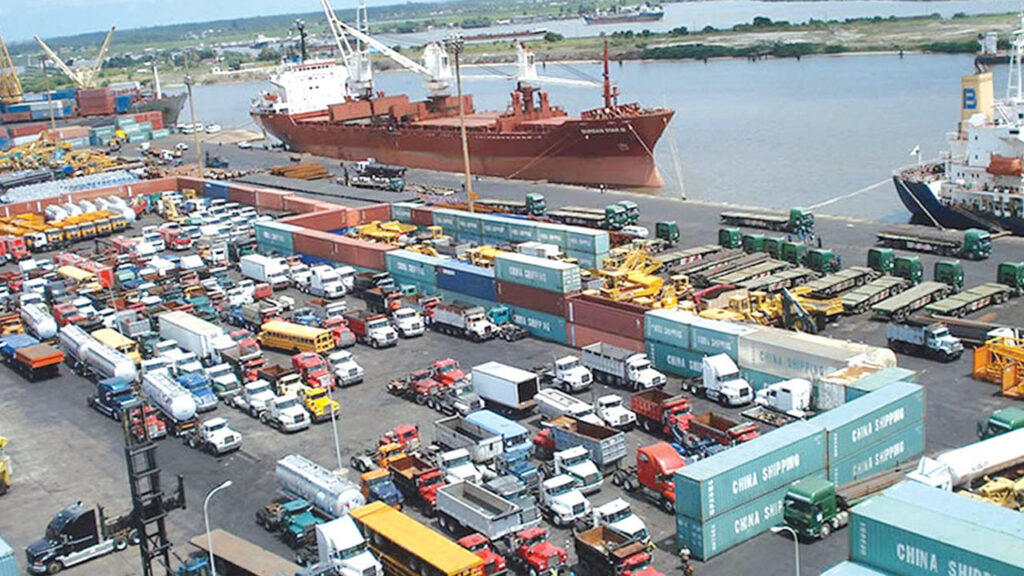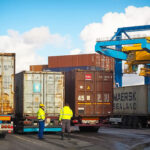
Captain Suleiman Baiyee is a seasoned shipbuilding expert and consultant to African banks and shipowners. He oversees shipbuilding processes to ensure adherence to international standards and the overall efficiency of the bottoms. Committed to delivering top-notch vessels in Africa, he has played a pivotal role in minimising downtime for ships built in Africa using redundancy as a strategy. In this interview with ADAKU ONYENUCHEYA, he spoke on how Africa can leverage its potential for shipbuilding to participate in international trade.
Can Africa build ships and does the region have the capacity and expertise for shipbuilding?
Shipbuilding is complex. While Liberia has the largest registered tonnage, it doesn’t build ships. Many African nations, including Nigeria, Ghana, and South Africa, established shipyards decades ago recognising shipbuilding’s role in national development. However, the functionality of these facilities varies significantly today. For example, Nigeria’s dockyards, despite their potential, have only built two ships in the last five years.
Nigeria retains some shipbuilding expertise, primarily in design, though many experts are about to retire. Most world raw materials come from Africa, yet we lack the industrial infrastructure to utilise these effectively in shipbuilding. The market for ships exists; it’s a matter of tapping into it more actively.
How has legislation like the Cabotage Act influenced shipbuilding in Nigeria?
The Cabotage and Local Content laws have enabled some growth, particularly in the local oil and gas sector. However, most of Nigeria’s maritime activities remain domestic. The real benefits lie in international trade, which we’re yet to capitalise on effectively since the decline of the National Shipping Line.
Now, apart from the LNG vessels that are registered in Nigeria, there are little or no vessels that do international trade from Nigeria. We do not benefit from UNCTAD 40:40:20 in any shape or form, everything that is imported into Nigeria comes via foreign vessels, everything we export apart from LNG in Nigeria goes out with foreign vessels.
50 years ago, Nigeria had more than 50 vessels that exported and imported things via the National Shipping Line. So, somewhere along the line, those strategies about 50 years ago were put in place, but we never leveraged on them. We are beginning to see the benefits, and maybe we will now invest in shipbuilding which will accelerate that process.
Can you talk about the main challenges facing the shipbuilding sub-sector?
Establishing a shipyard today is capital-intensive. It requires substantial government-private sector cooperation. Our supply chain infrastructure is weak, harsh ease of doing business environment, complicated material import system, and high interest rates deter investments. International competition also remains fierce, with countries like Singapore dominating the market.
There is very little support that exists now, when your materials come to the port, it will take a month to clear them. It is cheaper for you to import. The international community itself makes it difficult for us because for you to start, you need a lot of equipment from them and most of these countries are very monopolistic and they don’t want to lose that trade.
We have built a lot of vessels in Singapore. There are a lot of shipyards in Singapore where we built vessels, I talked to them about starting in Nigeria, but they were not interested because if we started in Nigeria, they would lose all that business.
Regarding the African Continental Free Trade Area (AfCFTA), how significant could shipbuilding be?
Effective regional trade, facilitated by shipbuilding, is essential for AfCFTA’s success. Building smaller vessels could boost intercontinental trade significantly. For instance, transporting goods by sea is far more efficient than road transport, which could revolutionise trade dynamics across Africa.
How do you address quality assurance in Africa’s shipbuilding cycle?
Vessels must meet international standards, achievable through class rules ensuring safety. In Africa, we need to adapt ship designs to our specific needs rather than follow external templates. Redundancy in ship design is crucial for ensuring operational continuity, given our logistic challenges.
Funding is critical for owning ships, how can shipowners access funds to build or expand their fleets?
Banks need to understand the maritime sector better before financing ships. Shipowners must demonstrate that their asset meets end-user requirements effectively. Ensuring that shipowners have the operational capacity to utilise their vessels efficiently is essential for securing and repaying investment.
Finally, when you consider the size of the maritime industry in Nigeria, I am surprised that we can set up an agricultural bank and banks for other sectors but have no maritime bank. There are very few banks in Nigeria, which understand the business and can fund it properly.
We can only help to ensure that the asset is the correct asset and is fit for purpose, but the other things I advise on finance, only because I ensure that the organisation that owns the asset has the competence to run it effectively, that way you guarantee the returns if it goes on contract.
Shipbuilding is key to Africa’s development, whether we like it or not, we will remain where we are if we do not take those bold steps and start building and developing ourselves.
The untapped potential in Africa’s shipbuilding industry highlights the need for infrastructure development, skilled labor, and better financing models. With strategic investments and policy support, Africa could significantly enhance its maritime capabilities, boosting regional and international trade.

